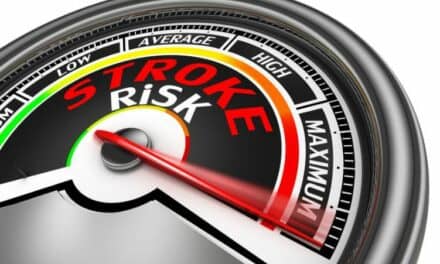Among patients with with traumatic brain injury (TBI), those with a sleep disorder had an increased risk of developing dementia, a study published in Sleep suggests.
Over a median follow-up period of more than 4 years, TBI patients with a diagnosed sleep disorder were 25% more likely to develop dementia. The results were similar when stratified by sex: Having a sleep disorder was associated with a 25.5% increase in the risk of incident dementia in male persons with TBI and a 23.4% increase in the risk of developing dementia in female persons with TBI, according to a media release from American Academy of Sleep Medicine.
“Our study’s novelty is its confirmation of sleep disorders’ association with incident dementia in both male and female patients, independently of other known dementia risks.”
— lead author and primary investigator Dr. Tatyana Mollayeva
Mollayeva is an affiliate scientist at the Kite Research Institute, the research arm of the Toronto Rehabilitation Institute and one of the principal research institutes at the University Health Network. She is part of the Acquired Brain Injury & Society team at KITE. She is also an assistant professor at the Dalla Lana School of Public Health.
Free of Dementia at TBI Diagnosis
The retrospective study involved a province-wide cohort of all adult patients who were free of dementia when admitted to the emergency department or acute care hospital with a diagnosis of TBI between May 2003 and April 2013. The total sample comprised 712,708 patients with TBI of all severities. Their median age was 44 years, and 59% were male.
Over a median follow-up period of 52 months, 32,834 patients — or 4.6% — developed dementia. Analyses controlled for age, sex, income level, injury severity, and known comorbidity risks.
“The strong links to incidence of dementia in both sexes suggest a need for more targeted sleep disorders risk awareness in patients with TBI,” Mollayeva adds.
The research abstract was presented as an oral presentation during Virtual SLEEP 2021. SLEEP is the annual meeting of the Associated Professional Sleep Societies, a joint venture of the American Academy of Sleep Medicine and the Sleep Research Society, per the release.
[Source(s): American Academy of Sleep Medicine, EurekAlert]
Related Content:
TBI Link to Neurodegenerative Disease Appears in Protein Changes
Even Mild Concussion Could Have Dire Results
TBI Links to Increased Risks of ADHD and Alzheimer’s Suggested in Studies





